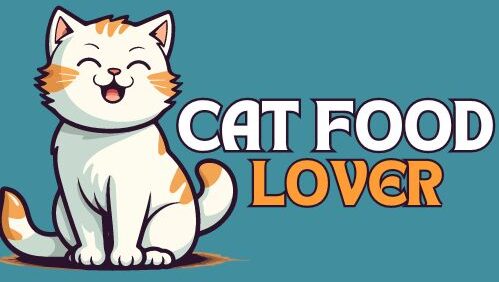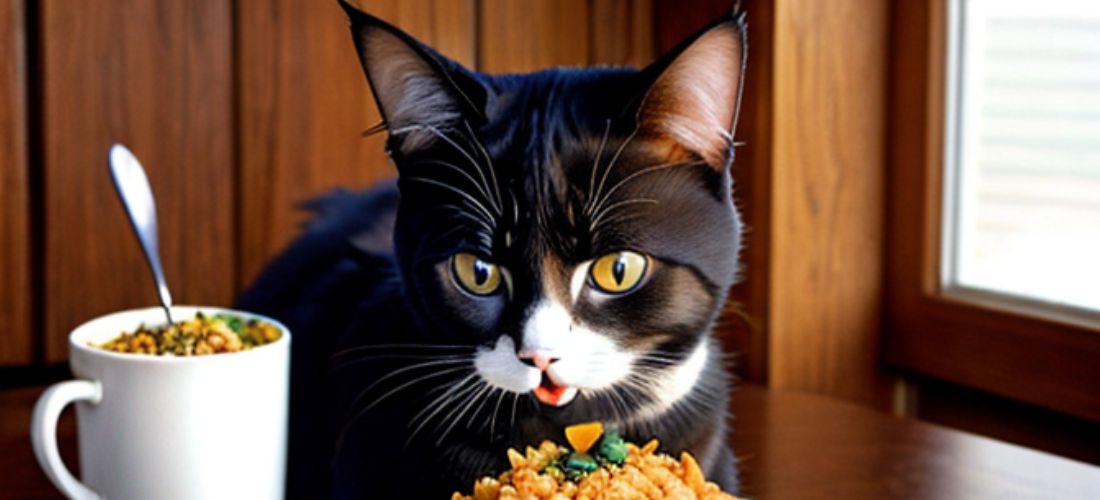What is the Best Cat Food for Senior Cats.As our beloved cats age, providing them with the best possible nutrition becomes increasingly important to ensure their health and vitality in their senior years.
Understanding the unique dietary needs of senior cats is essential for their overall well-being. The quest for the best cat food for senior cats is not just about filling their bowls; it’s about nourishing them with the optimal blend of nutrients to support their aging bodies.
From protein requirements to joint support and dental health, senior cats have specific nutritional needs that must be addressed through their diet. In this comprehensive guide, we will explore the key factors to consider when selecting cat food for senior felines, empowering pet owners with the knowledge they need to make informed choices for their aging companions. Let’s unravel the mystery behind what truly constitutes the ideal cat food for our cherished senior cats.
At what age is a cat a senior?
A cat is typically considered a senior around 7 to 10 years of age. However, this can vary depending on factors such as breed, genetics, and overall health. Smaller breeds may age more slowly and may not reach senior status until closer to 10 years old, while larger breeds may be considered seniors as early as 7 years old.
Additionally, indoor cats tend to live longer than outdoor cats, so their transition to senior status may occur later. It’s essential for cat owners to monitor their pet’s health closely as they age and consult with a veterinarian to determine the appropriate care and dietary adjustments needed to support their senior cat’s well-being. Regular veterinary check-ups can help identify and address age-related issues early on, ensuring a comfortable and fulfilling life for your senior feline companion.
Understanding the Unique Nutritional Needs of Senior Cats
Senior cats, like their human counterparts, require special attention and care as they age. One crucial aspect of their well-being is their diet. Providing the best cat food for senior cats becomes paramount to ensure they lead a healthy and vibrant life in their golden years.
What Makes Senior Cats’ Nutritional Needs Different?
As cats age, their metabolism slows down, and their bodies undergo various changes. They may become less active, experience a decline in muscle mass, and encounter dental issues. These factors necessitate adjustments in their diet to accommodate their changing nutritional requirements.
The Key Components of an Ideal Senior Cat Food.
- Protein: Despite reduced activity levels, senior cats still need ample protein to maintain muscle mass and support overall health. Look for cat foods with high-quality protein sources such as chicken, turkey, or fish.
- Lower Calories: Since senior cats are typically less active, they require fewer calories to prevent weight gain. Opt for cat foods formulated specifically for senior cats, which are often lower in calories than regular adult cat food.
- Joint Support:Arthritis and joint issues are common in older cats. Choosing cat food with added glucosamine and chondroitin can help support joint health and alleviate discomfort.
- Digestive Health: Aging cats may experience digestive issues such as constipation or sensitive stomachs. Selecting cat food with easily digestible ingredients and added fiber can promote digestive health.
- Dental Care: Dental problems are prevalent in senior cats, so opting for cat food with a crunchy texture can help remove plaque and tartar buildup, promoting better oral health.
Addressing Common Concerns About Senior Cat Food.
Can I continue feeding my senior cat regular adult cat food?
While it’s possible to feed regular adult cat food to senior cats, it may not meet their specific nutritional needs. Switching to a cat food formulated for seniors ensures they receive adequate support for their aging bodies.
How do I transition my senior cat to a new food?
Transition gradually over 7-10 days, mixing a small amount of the new cat food with their current food and gradually increasing the proportion of the new food.
Should I consult my veterinarian before changing my senior cat’s diet?
Yes, it’s always advisable to consult with your veterinarian before making any significant changes to your senior cat’s diet. They can provide personalized recommendations based on your cat’s health status and specific needs.
Key Takeaways
- Senior cats have unique nutritional needs due to aging-related changes in metabolism, activity levels, and health.
- The best cat food for senior cats should be high in quality protein, lower in calories, supportive of joint and digestive health, and beneficial for dental care.
- Gradually transition your senior cat to a new food, and always consult with your veterinarian before making dietary changes.
Conclusion
Providing the best cat food for senior cats is crucial for maintaining their health, happiness, and quality of life as they age. By selecting cat food specifically formulated to meet the unique nutritional needs of senior felines, pet owners can ensure their beloved companions receive the support they require in their golden years.
Whether it’s prioritizing high-quality protein for muscle maintenance, incorporating joint-supporting ingredients like glucosamine and chondroitin, or addressing dental health concerns with crunchy textures, the right cat food can make a significant difference in the well-being of senior cats. Consulting with a veterinarian before making dietary changes and transitioning gradually to new food are essential steps to ensure a smooth transition and minimize digestive upset. With proper care and attention to their nutritional needs, senior cats can enjoy a fulfilling and comfortable life well into their twilight years.
FAQs
What is the best food to feed an elderly cat?
The best food to feed an elderly cat is a diet specifically formulated for senior cats. These foods typically have lower calorie content to accommodate decreased activity levels, higher quality protein to support muscle maintenance, added joint-supporting nutrients like glucosamine and chondroitin, and may also address dental health concerns with crunchy textures. It’s essential to consult with a veterinarian to determine the most suitable diet for your elderly cat based on their individual health needs and any existing medical conditions.
What can I feed my senior cat to gain weight?
To help a senior cat gain weight, consider feeding them high-calorie cat foods specifically designed for weight gain, such as canned cat food with a higher fat content or veterinary-prescribed weight management diets.
What should senior cats avoid in food?
Senior cats should avoid foods that are high in carbohydrates, excessive in fat content, and contain artificial additives or preservatives.
Can senior cats eat rice?
Yes, senior cats can eat rice in moderation as part of a balanced diet.

